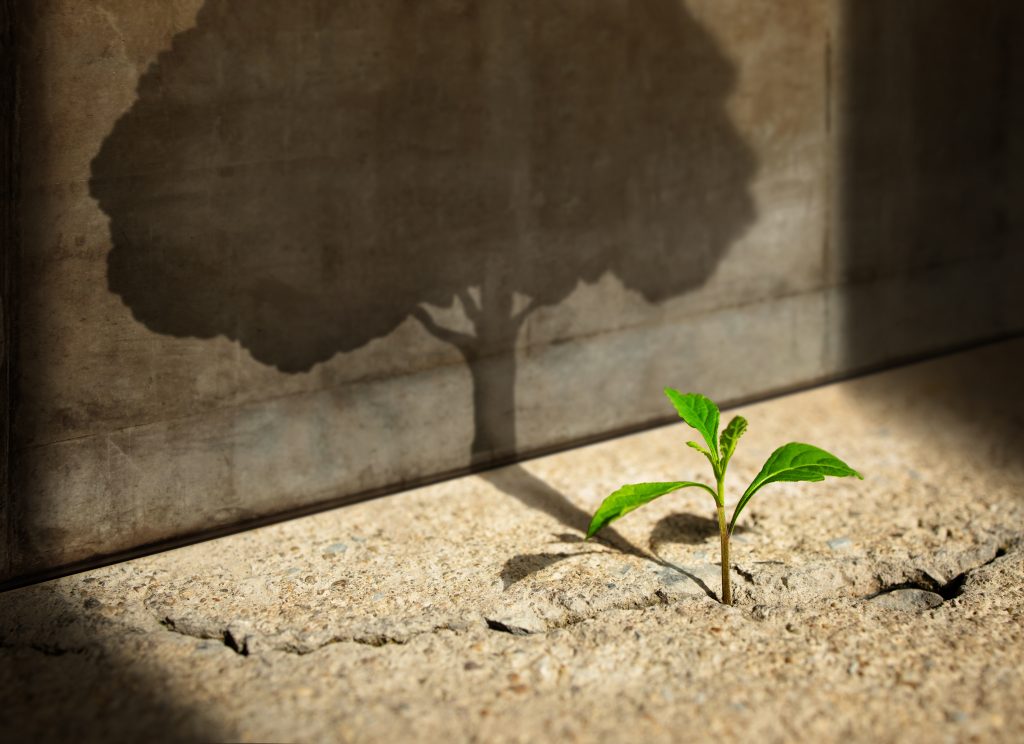4 Growth Mindset and the Value of Struggle

Now that you have a general understanding of growth mindset, it’s time to dive deeper. Shifting your role from being a student/performer to a learner, shifting your mindset from fixed to growth, and shifting your attitude from victim to creator takes some learning and thinking about your own thinking (metacognition). Challenging? Yes. But the effort will be worth it. It will change your life, personally and academically.
Take time to review the what is written on this page, take the assessment, and review the PowerPoint. Watch at least one of the videos or podcast provided. They are all very good, but my favorite happens to be the last one by Dr. Alia Crum. It is 18 minutes long but you can listen to it on 1.50 or 1.75 speed and it won’t take that long. To me it’s worth the whole 18 minutes!
Growth vs Fixed Mindsets
Here is a brief excerpt from a very interesting scholarly study that strongly suggests that how we think about intelligence can powerfully affect our approaches to learning:
Students’ beliefs and goals can powerfully influence their learning success. Those who believe intelligence is a fixed. . .tend to emphasize ‘performance goals,’ leaving them vulnerable to negative feedback and likely to disengage from challenging learning opportunities. In contrast, students who believe intelligence is malleable tend to emphasize ‘learning goals’ and rebound better from occasional failures. . .
Previous studies have shown that students who believe that intelligence is a fixed quantity. . .are particularly vulnerable to decreased [poorer] performance when they realize they are at risk of failing, whereas students who view intelligence as acquirable [that it can be grown and developed] appear better able to remain effective learners. (Dweck and Leggett, 1988; Hong et al., 1997; Mueller and Dweck, 1998; Sorich-Blackwell, 2001).[1]

Many fields of study and work create intersections of growth and fixed mindset. People may feel great ability to grow and learn in some areas, like art and communication, but feel more limited in others, such as planning and financials. Recognizing these intersections will help you approach new topics and tasks.
Self-Assessment
This mindset assessment is a quick diagnostic tool drawn from research-validated measures. You will receive personalized feedback after you submit the assessment.
Creator Versus Victim Mindsets (PowerPoint)
Review the PowerPoint to increase your understanding of Creator vs. Victim mindset.
Podcast and Videos about Growth vs Fixed Mindsets
Struggle for Smarts
This fascinating 8:37 audio podcast invites you to consider your view of the role of struggle in the learning process. The implication is that simply adjusting your mindset can make an important difference! (Includes transcript.)
Struggle for Smarts? How Eastern And Western Cultures Tackle Learning
The Dirty Little Secret about Growth Mindset
Zach Valenti gets to the heart of the matter quickly—the essential first step in developing a growth mindset (2:01 video).
How to Grow Your Brain
This 4:10 video introduces brain science that explains why struggle is such a key part of learning and developing your intelligence.
Change Your Mindset, Change the Game
Professor, psychologist, and researcher Dr. Alia Crum discusses research that reveals why our mindsets matter in virtually every aspect of our lives, illuminating the power of one’s mindset to affect health and behavior (18:21 video). (This is my favorite one – Marinda)
- Mangels, J.A., Butterfield, B., Lamb, J. Good, C., and Dweck, C.S. Why do beliefs about intelligence influence learning success? A social cognitive neuroscience model. In Social Cognitive and Affective Neuroscience. 2006 Sep; 1(2): 75–86. ↵

